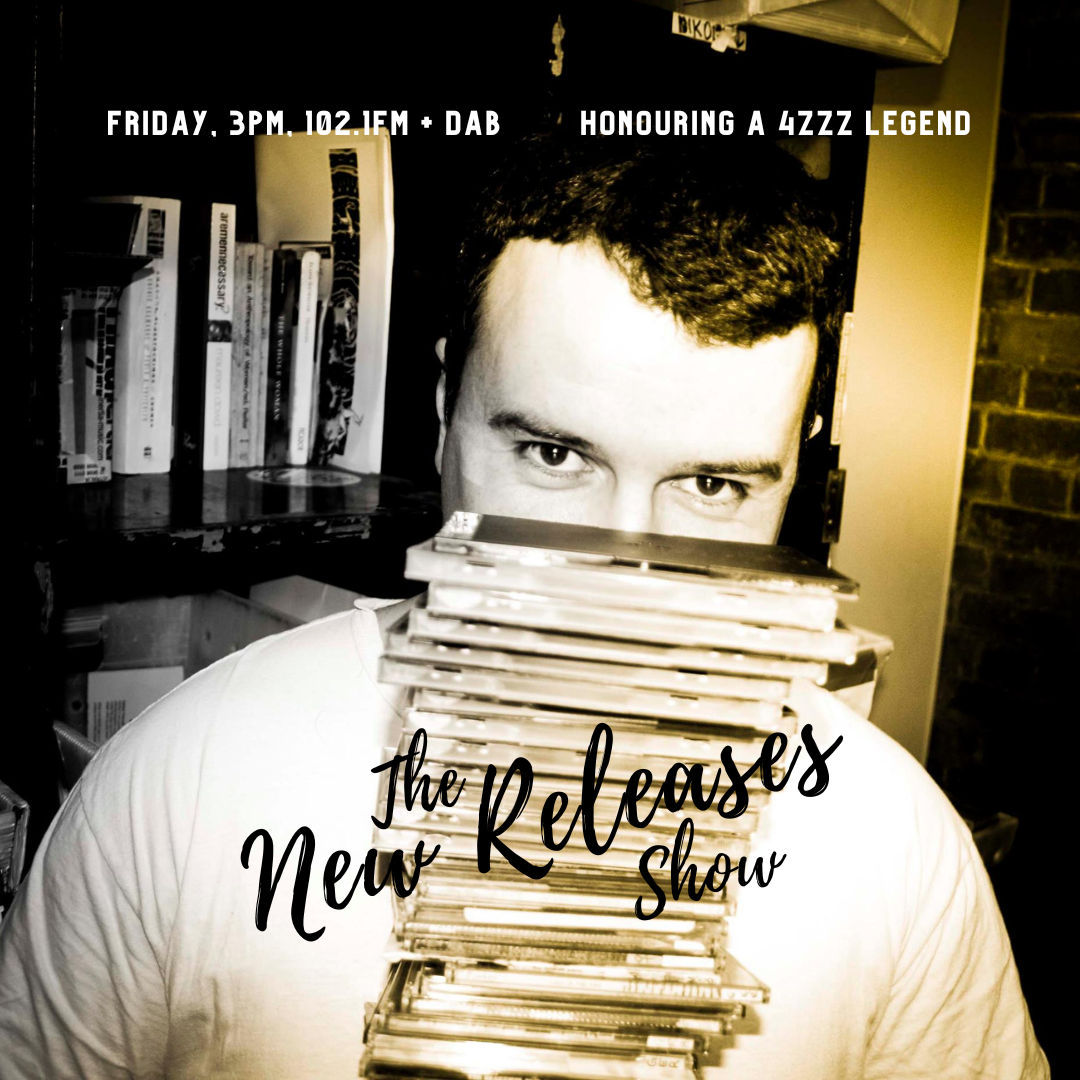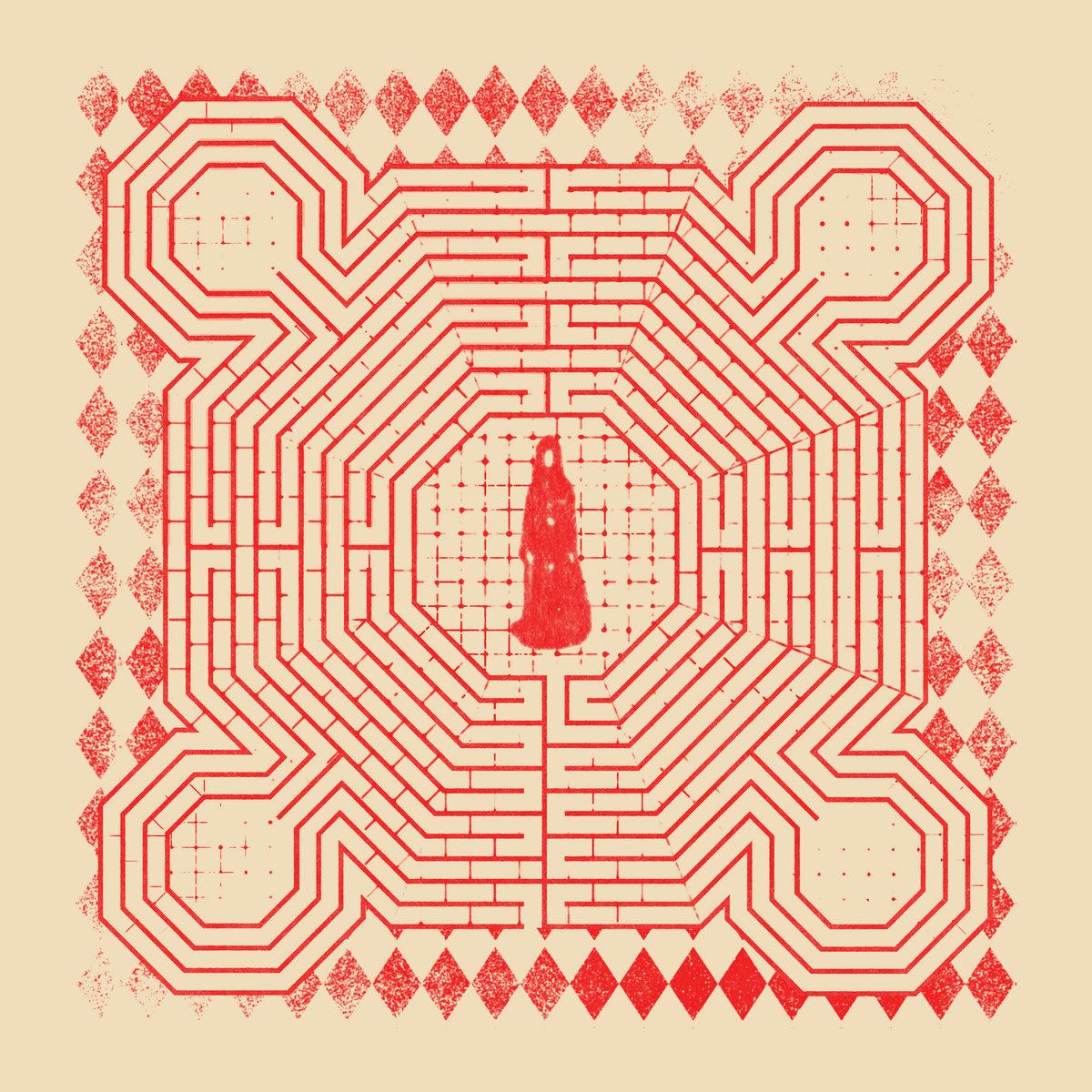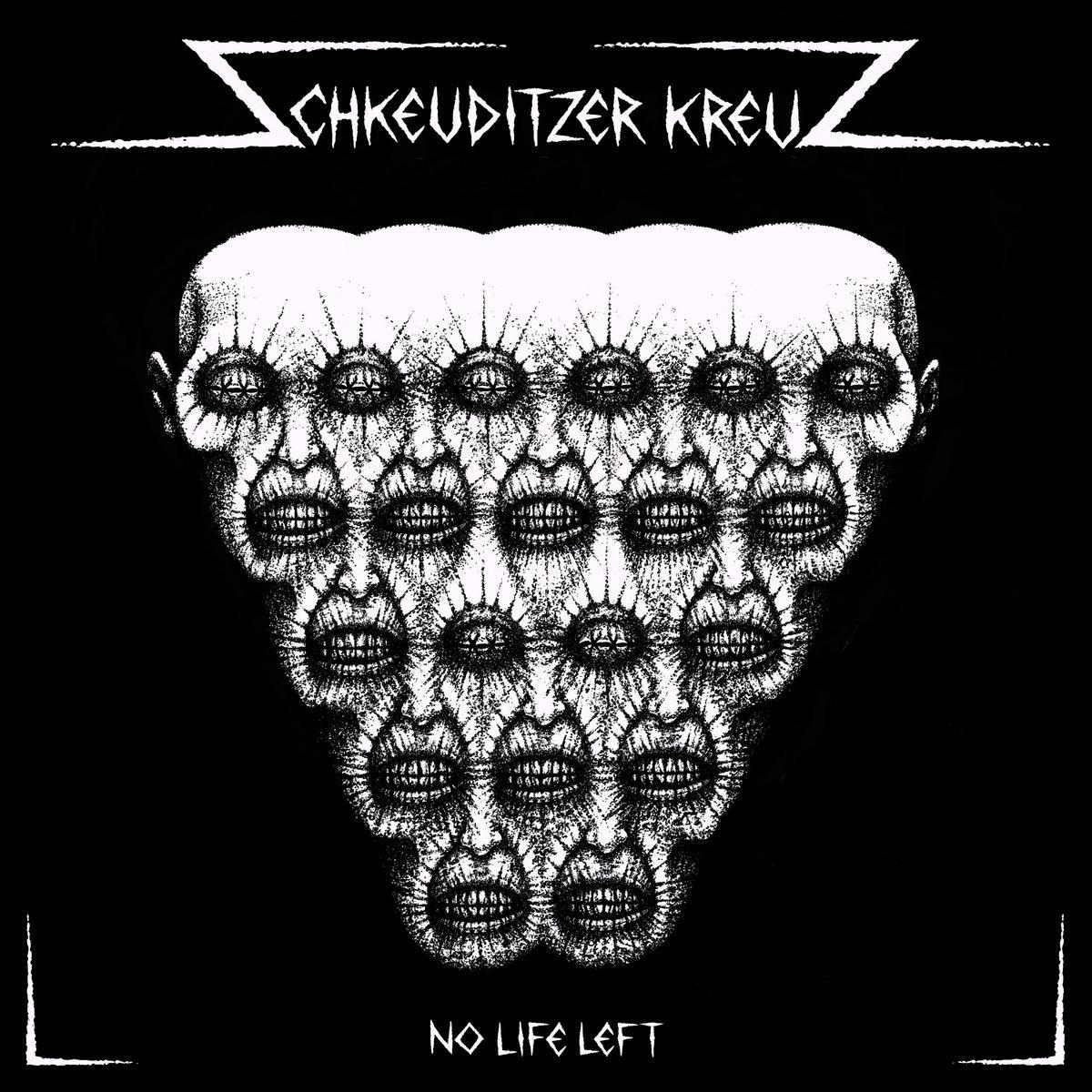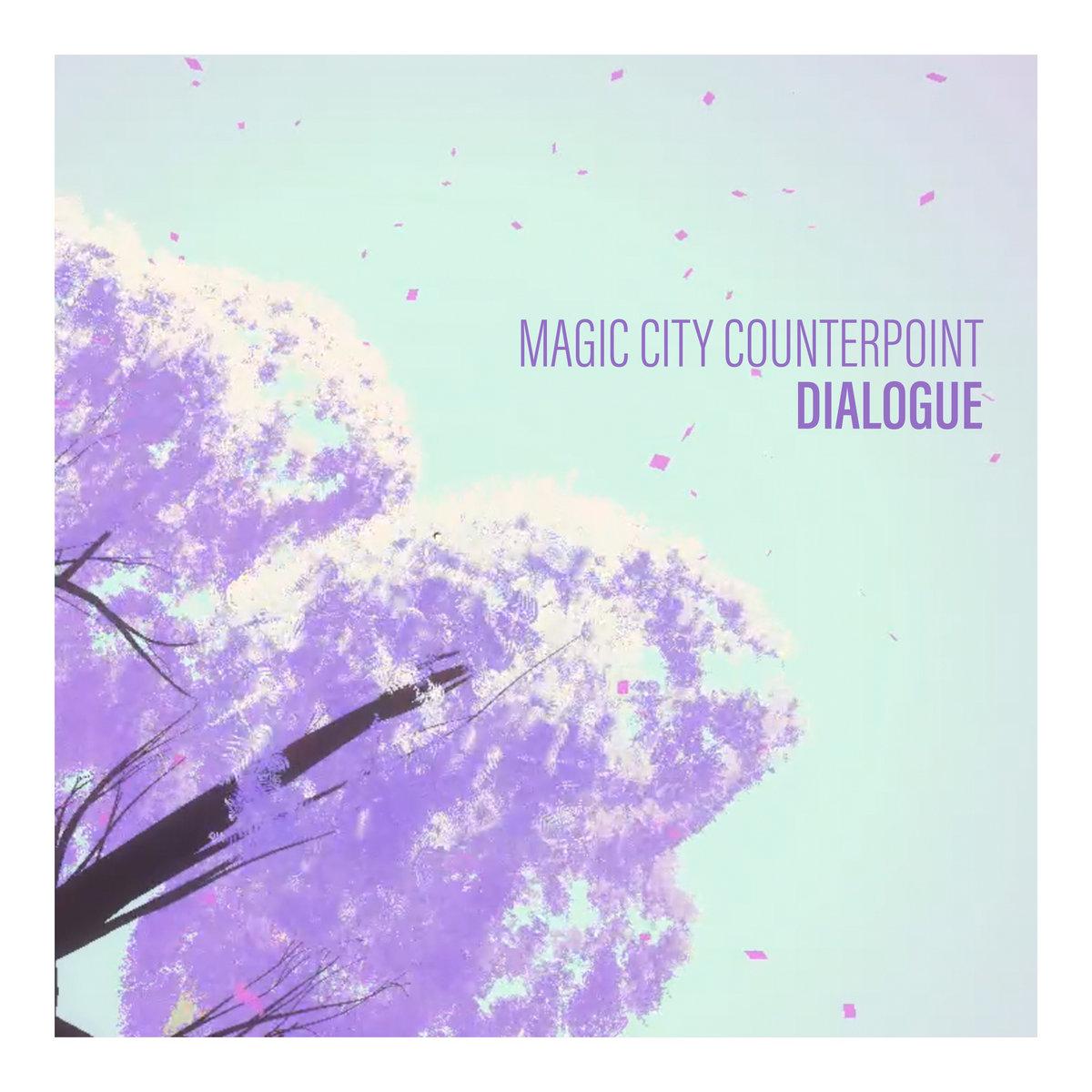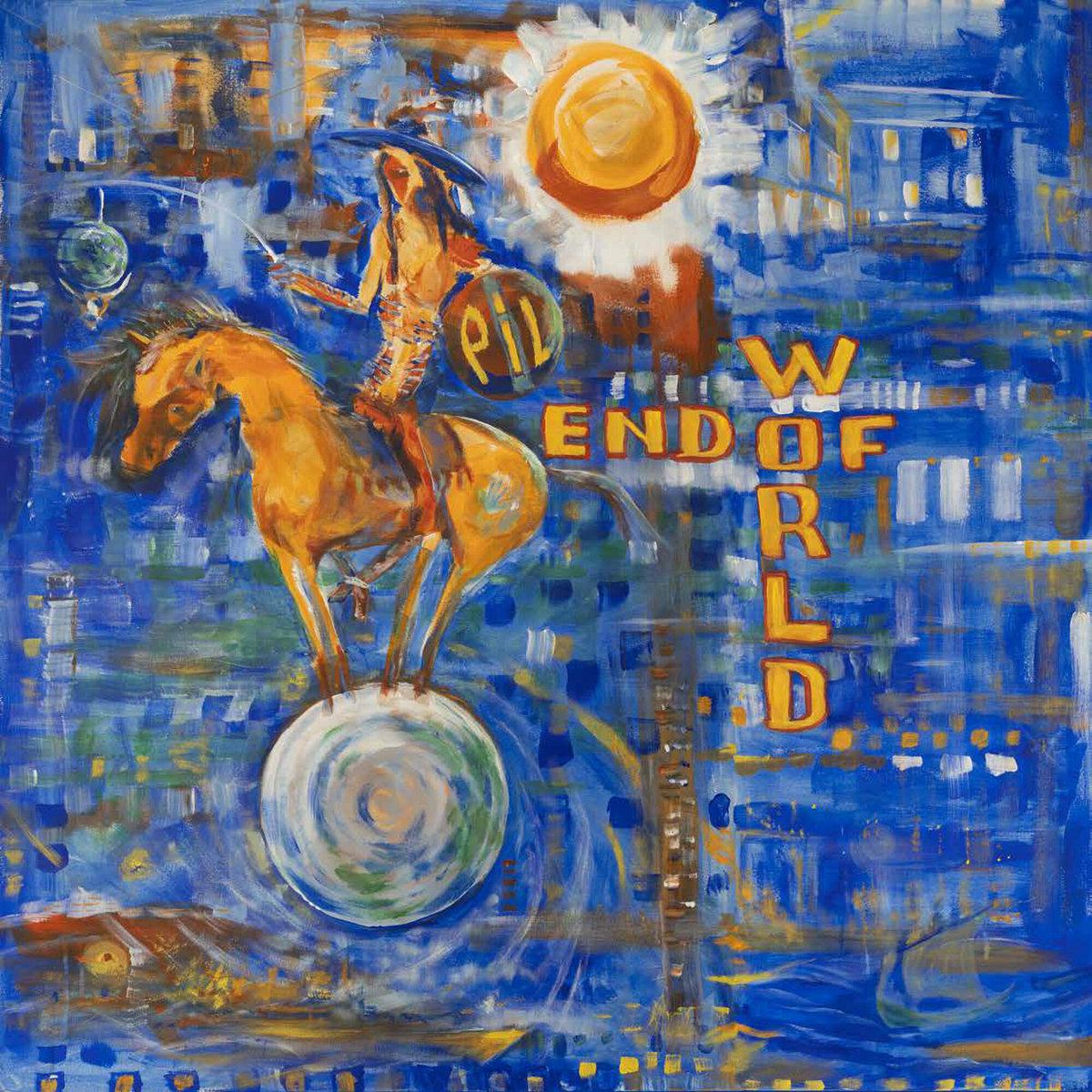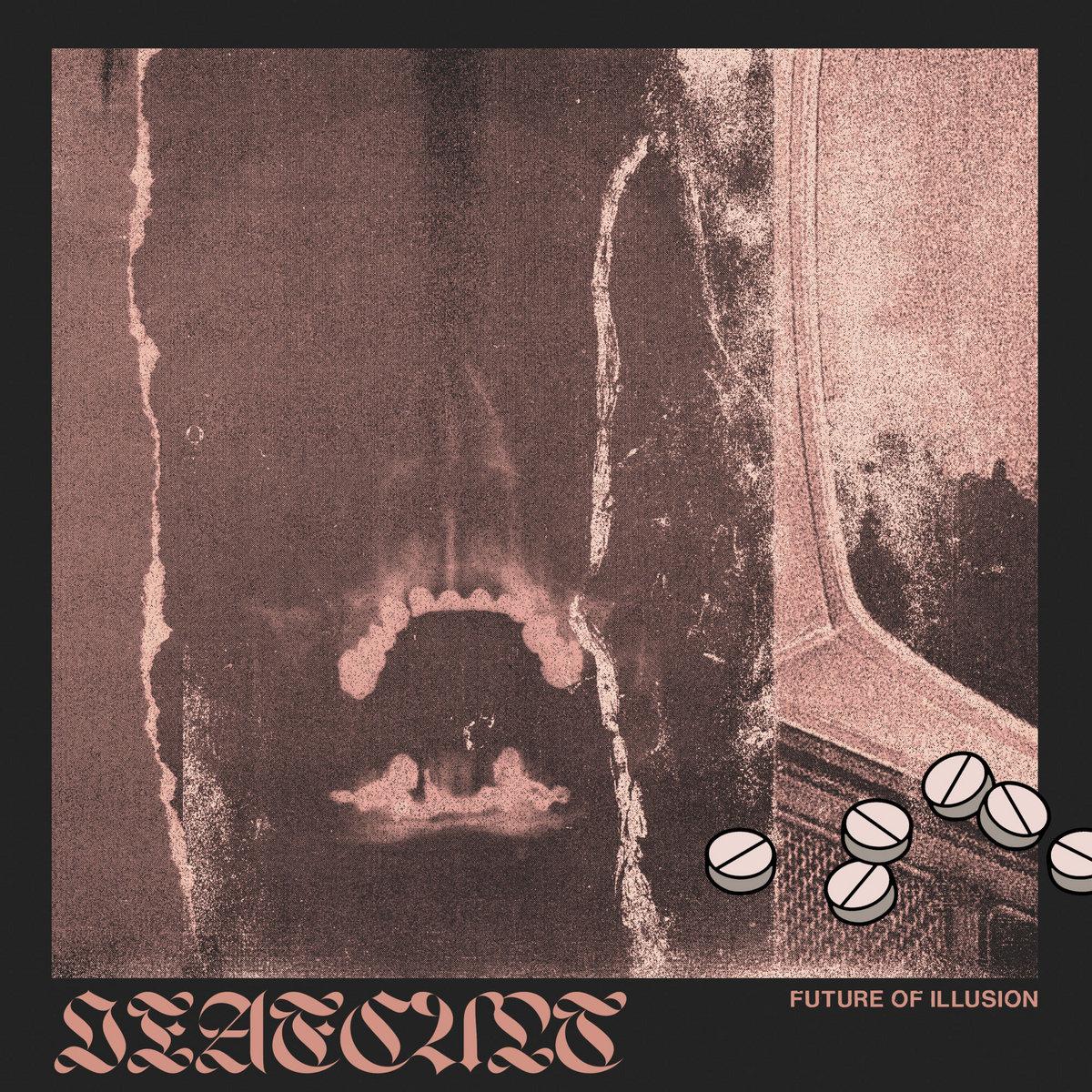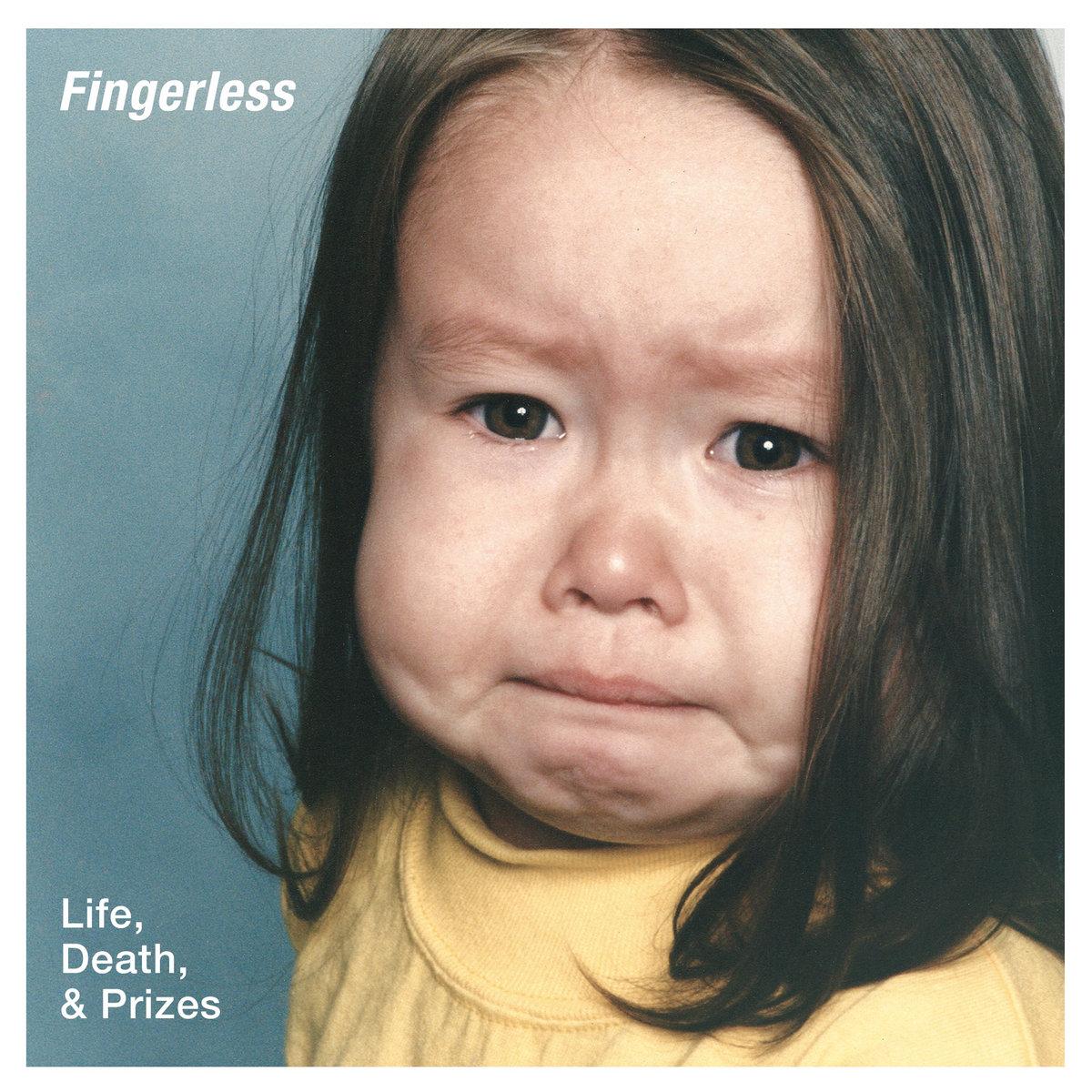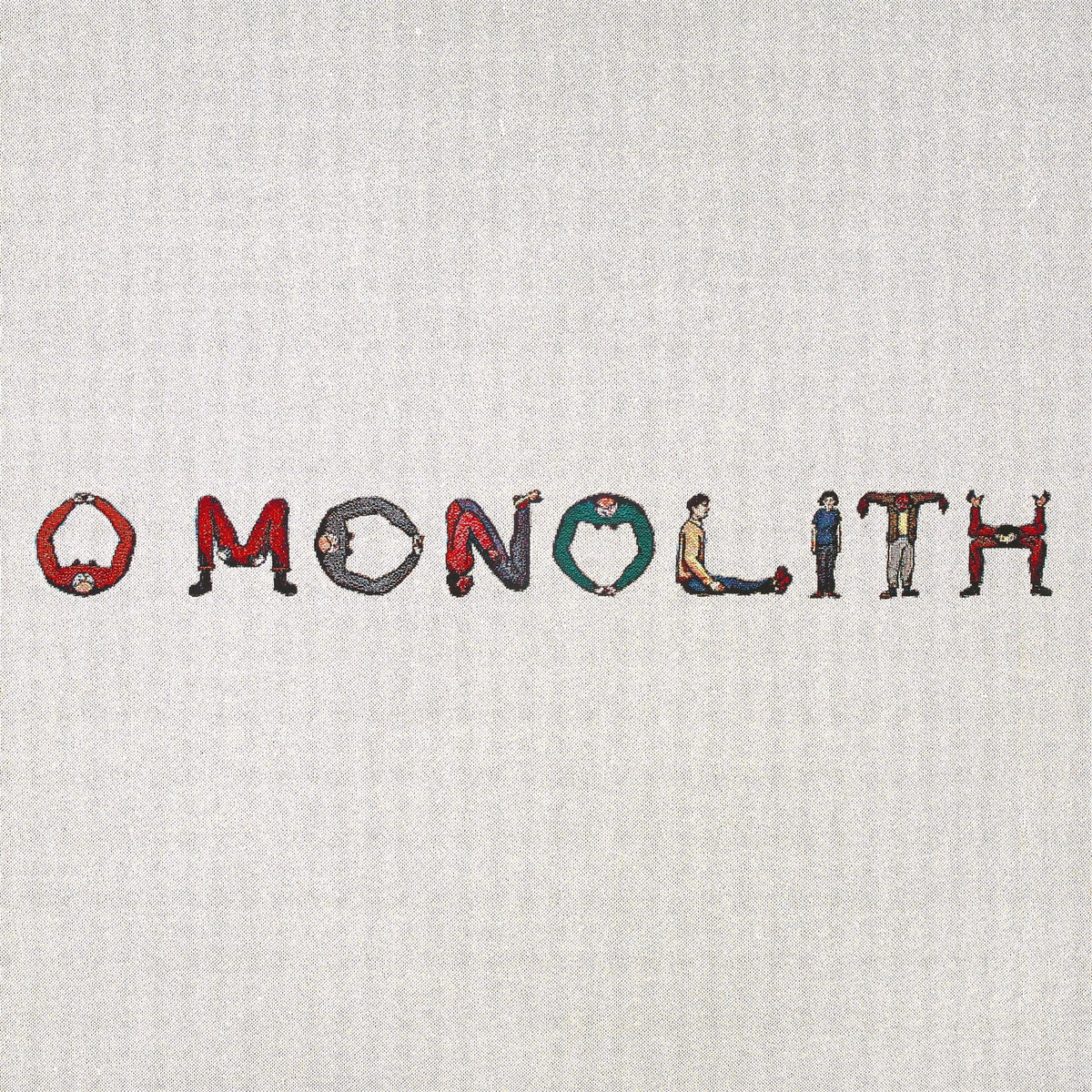
- Alongside Black Midi and Black Country, New Road, Squid have been championed as part of a new wave of British rock bands shackled, rather unfairly, with the burden of having to save the genre. Luckily, they have escaped some of the hype and attention afforded to their contemporaries, allowing them the time and space to develop more organically. Squid lack the overwrought existential angst of Black Country, New Road, whilst their fusion of funk, post-punk and Krautrock is more subtle than the everything and the kitchen sink approach of Black Midi, though no less interesting or exciting.
Their new album, O Monolith, contains songs developed and refined onstage during the band’s tour in support of their debut album, Bright Green Field. Released at the peak of COVID, the band found themselves in the unusual situation of playing completely seated, socially distanced shows; a far cry from the small clubs and band rooms they honed their sound in. This new reality, paired with the enthusiasm of the crowds, gave the band an almost unprecedented freedom to experiment, and by the tour’s end the majority of the album’s tracks were completed, albeit as instrumentals.
Recorded at Peter Gabriel’s Real Word Studios, in Wiltshire, the group found themselves drawing inspiration from the surrounding countryside, revelling in the juxtaposition it provided to the bleakness of the studio. Members of the band engaged in bird watching and made field recordings that were later used on the album. These environmental influences imbue O Monolith with an Englishness that is simultaneously obvious and hard to pin point, a contradiction that would sit uncomfortably with any band other than Squid.
This English obscurity is most notable on the track Devil’s Den, referencing both a neolithic dolmen near the stone circles of Avebury and a 1976 feminist play about witchcraft called Vinegar Tom. “Pouring water / Into the hollows / Vinegar Tom and old friends will drink for free.” Drummer and singer Ollie Judge’s abstruse lyrics refer to the myth that pouring water into the dolmen’s hollow will summon a demon, also, Vinegar Tom’s titular, Bulgakovian cat, the cause and centre of the play’s mischief and mayhem. Devil’s Den showcases the band’s ability to not only mine the English countryside for the purpose of a song, but also the nation’s more recent, though somewhat arcane, cultural history.
Siphon Song begins with, what could be, a theremin, and features manipulated, mostly incoherent vocals that sound like the snippets of conversations heard behind closed doors. Uncomfortable and unusual, it builds into an unexpected epic, replete with choir and a backdrop of static that could be compared to either the sound of waves crashing, or the world ending.
Alluding to surveillance, acquiescence and brutality, concepts essential to the make up of modern police states, The Blades is the closest Squid have come to a political song. “And, oh, we keep you safe / Never mind the noise outside.” With these lines, Judge cleverly and succinctly highlights the conflicting arguments, made by those in power, that seek to justify the use of violence in the name of public safety. An argument we as a society are only too used to and too sick of hearing.
There is a degree of symbolism in the title of Squid’s new album, O Monolith. When compared to that of their debut, Bright Green Field, there is an implication of progress and development, a heralding of something monumental emerging from the open spaces of yesterday. Decidedly less funky than Bright Green Field, O Monolith is a consciously mature record that builds upon the foundations of the past, whilst drawing inspiration from other sources to create a diverse sonic tapestry. This assemblage of ideas results in an album that is markedly more coherent and adept than its predecessor, a record wise beyond its years and one that is as challenging as it is enjoyable.
- Nick Stephan.


